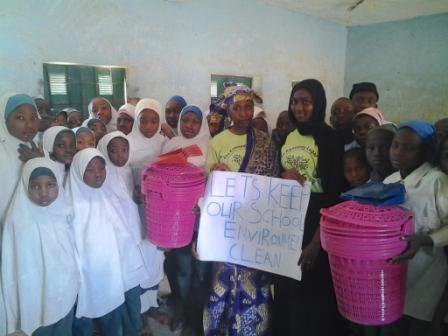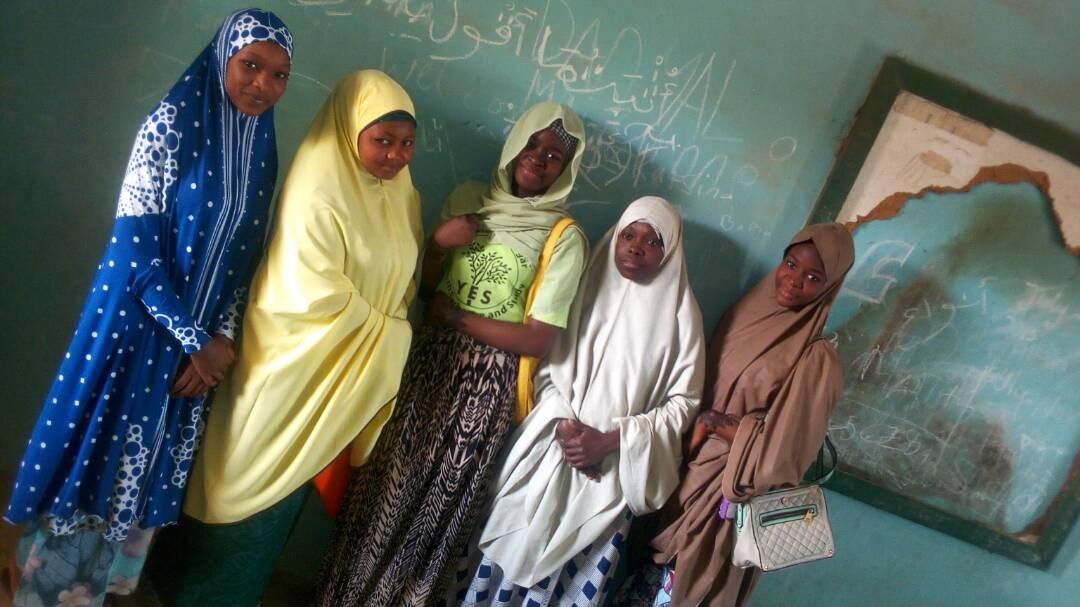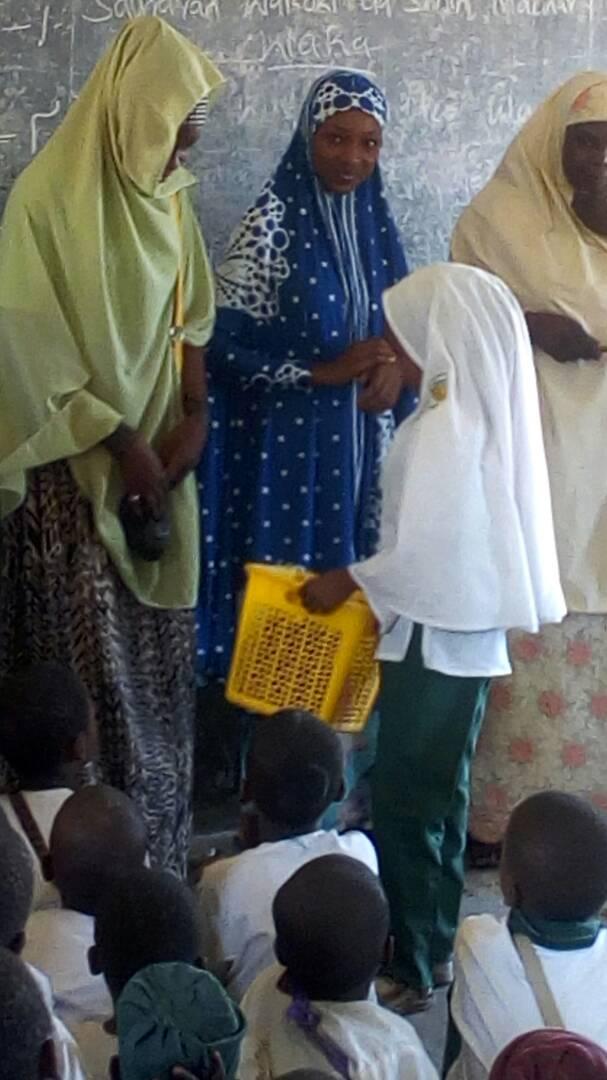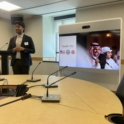Abdulaziz reflects on the highlights from serving as a mentor for CEW.
STORIES
A Clean February

Many primary schools in northern Nigeria lack the necessary materials to keep the school environments clean, and large school populations can exacerbate the situation. Even schools in Kankara and Katsina, which have the lowest attendance records in the country, still have a student body population upwards of 2000.
Students at these schools have not been educated on the importance of sanitation. To combat this issue and help fight the spread of disease, this February YES alumni visited Nuhu Model Primary School Kankara and Kabir Usman Government School Katsina to encourage students and teachers alike to keep their schools clean.

Zainab Ibrahim (YES 2014-2015, Nigeria, hosted by PAX in Sedona, AZ), Maryam Nuraddin (YES 2016-2017, Nigeria, hosted by AFS in Hillsboro, OR) and Rukayyah Tukur Kaita (YES 2016-2017, Nigeria, hosted by ASSE in Hyde Park, VT) were joined by three other volunteers as they led a discussion on sanitation in the school environment. The group talked to approximately 60 students in Kankara and 200 students in Katsina.
The talks at each school lasted for an hour, and many students asked questions about maintaining good hygiene and sanitary habits. Alumni also noticed how students picked up and disposed of their garbage by hand. They donated eight garbage bins and eight dust pans to each school. Zainab said the students shouted with joy about no longer having to use their hands.

Alumni believe this project will help reduce the risk of school students being exposed to viral diseases, such as Lassa fever. According to the Nigeria Centre for Disease Control (NCDC), Lassa is a hemorrhagic fever that can occur with few or no symptoms. However, in severe cases the disease can lead to deafness, renal failure and even death in some cases.
In January 2018 alone, there were more suspected Lassa cases than those reported the entire year of 2017. The virus is spread through human-to-human transmission, thus underlining the importance of providing proper sanitation procedures in public areas, such as schools.
With Lassa fever outbreaks continuing to spread across Nigeria, it is important for all those living in affected communities to be conscious of their sanitation habits. By educating the students on how to properly dispose of garbage, and how to maintain proper hygiene, YES alumni helped students decrease their risk of infection.





